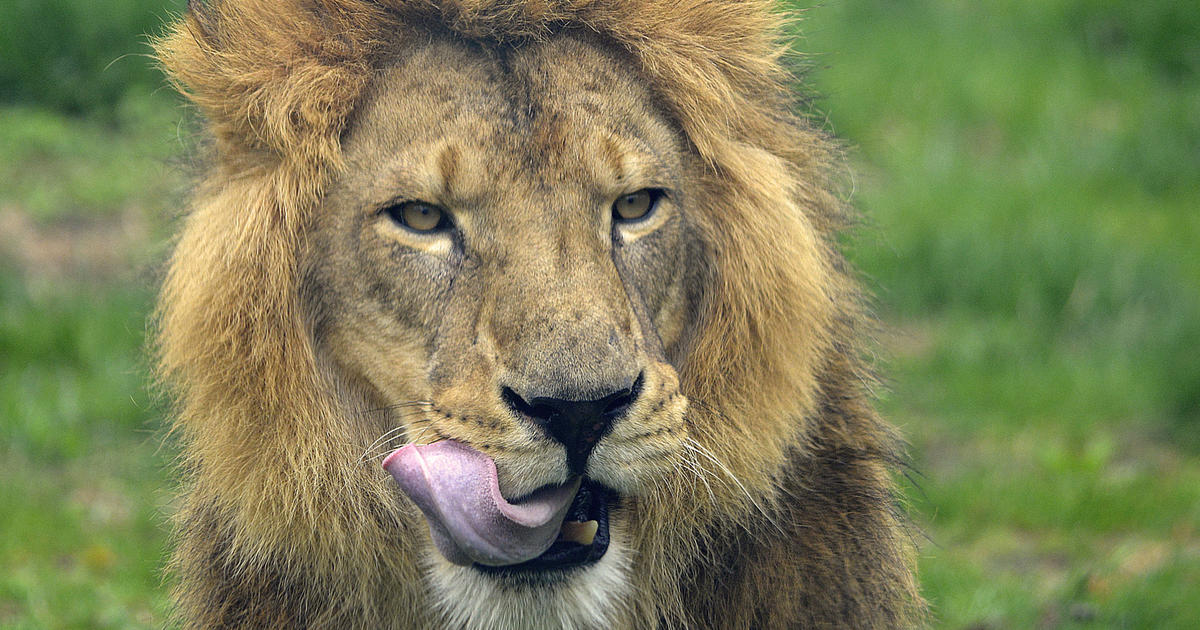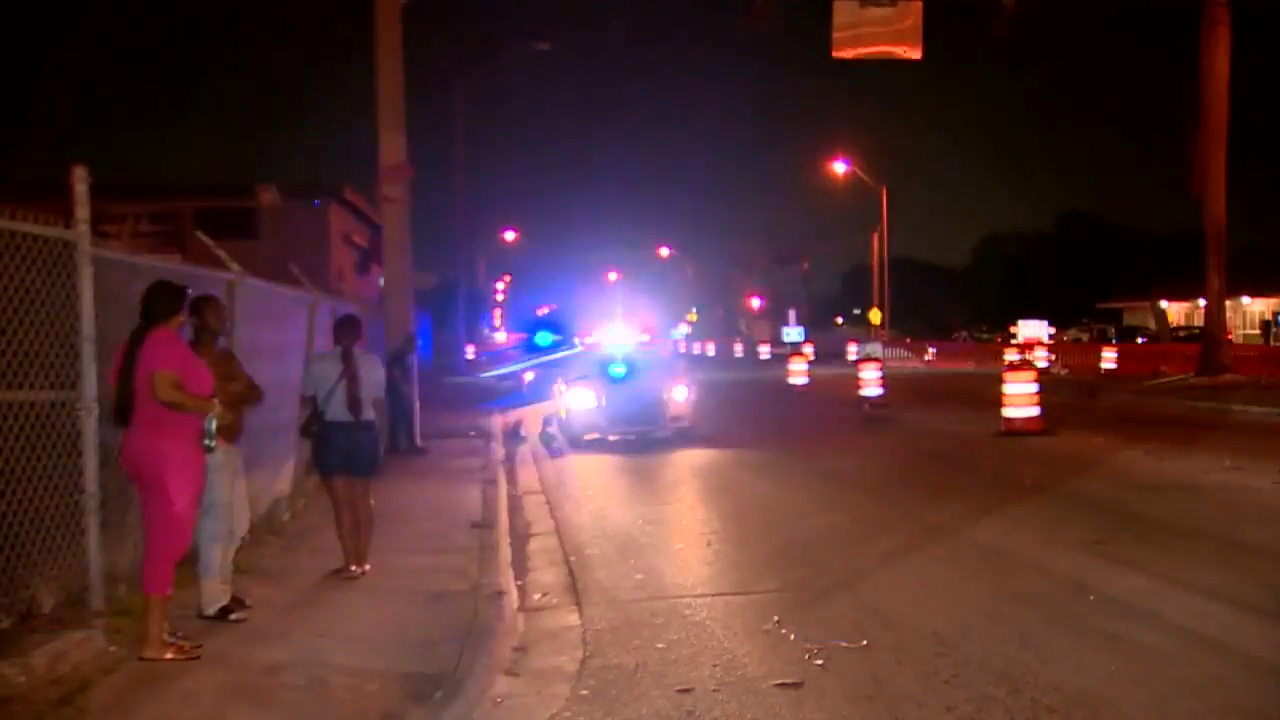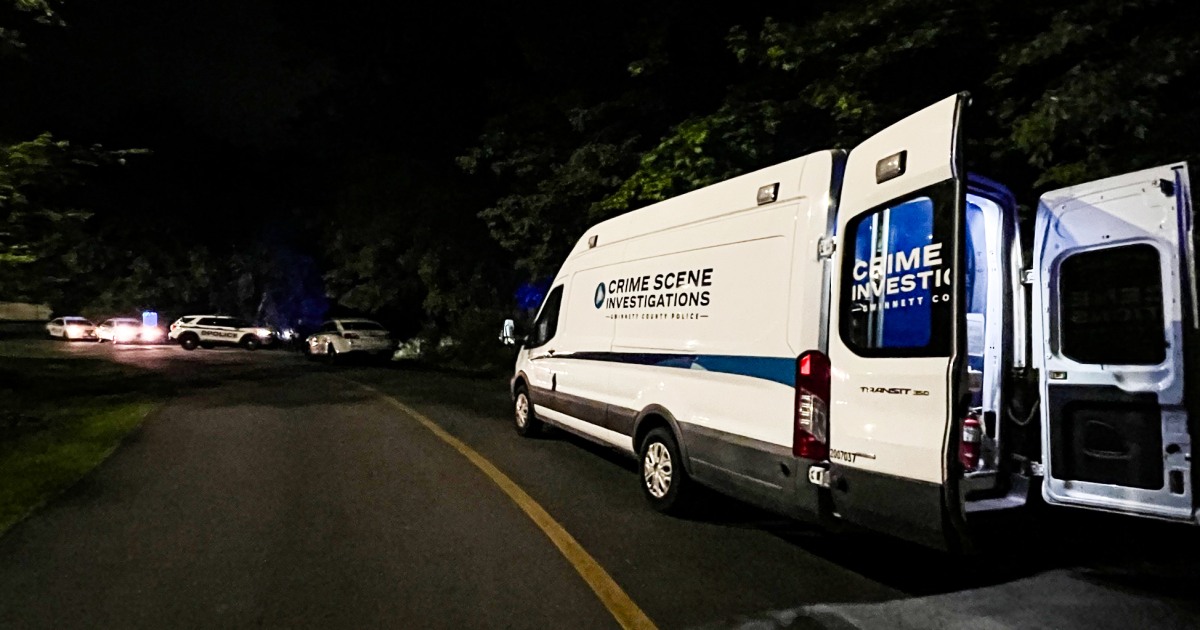World
Brits regret Brexit but rejoining the EU is unlikely
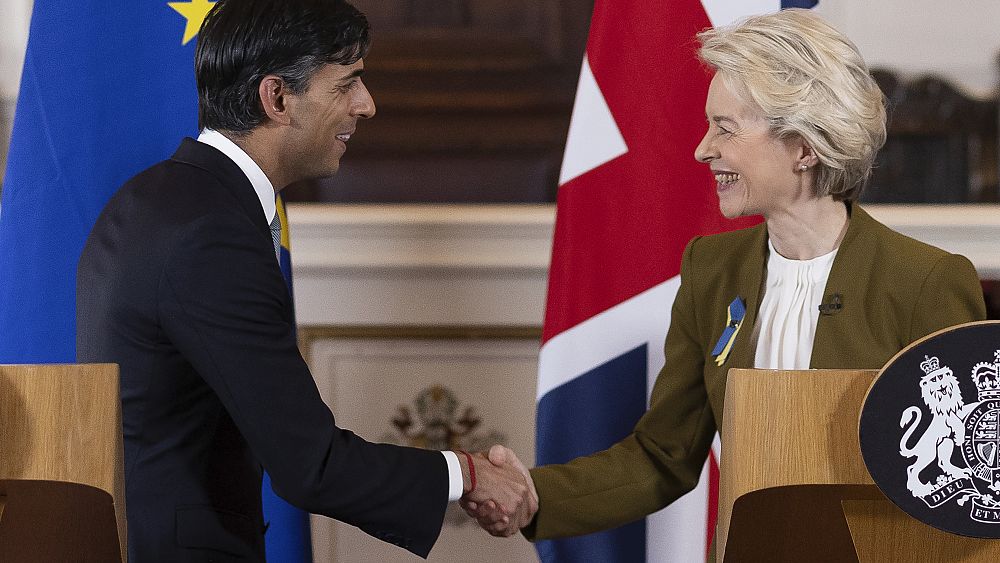
Protests and demands for the UK to rejoin the EU are growing steadily in the UK, where most are saying Brexit has failed.
Last Saturday around 20,000 people marched in London calling for political leaders to embark on yet another complex and highly contentious negotiating path with Brussels.
Around 62% of Britons believe Brexit is a failure according to British polling company YouGov.
The UK economy has been hit as a result of Brexit – in particular, prices rose by 25% from January 2021 until March of this year, as £6.95bn (€8 billion) was added to food costs – a consequence of the extra trade barriers from leaving the Single Market.
According to the report by the London School of Economics the impact has been felt most by the poorest in society who spend much more of their income on food.
In addition, researchers at the Centre for European Reform estimate that business investment was 23% lower than it would have been in 2020/21 due to Brexit.
Pro-EU activist Femi Oluwole says the draw Brexit once held is no more.
“We have Nigel Farage saying that Brexit has failed and it hasn’t helped us economically at all.
“So the Brexiteers effectively have much abandoned, at least this version of Brexit. They keep coming out with things like ‘Oh, we do Brexit differently’. But the public has kind of moved on from the idea that you can make Brexit work,” he told Euronews.
He added that the ‘sovereignty’ argument is no longer prevalent in the discussion and the reality of the cost of Brexit is starting to bite.
“The debates that we had six years, seven years ago about all that sovereignty stuff of Britain standing on its own and all that sort of stuff. It’s just come face to face with the fact that there are more important things in life. Can you feed your kids right now?
“Half of low-income families in the UK are skipping meals to feed their kids. We cannot afford Brexit if we can’t afford food, we can’t afford Brexit.”
A possible return to the EU?
If the UK were ever to chart the course in rejoining the EU, it would be a vastly different club to the one it left.
Major fundamental shifts to a closer, interdependent union have resulted from the crises Europe has faced.
It’s hard to know what role or position the UK would have taken in each of these decisions had it stayed. Would it have blocked, watered down or supported the Rescue and Resilience Facility (RRF) borne out of the COVID pandemic’s destruction of certain economic sectors?
For the first time, the EU borrowed money on behalf of the member states and distributed it in the form of grants and loans. This would have gone against the UK’s strongly expressed disapproval of the term ‘ever-closer-Europe’.
There has also been far stronger cooperation on security and defence, including the use of the Peace Facility to provide lethal weapons to Ukraine. And a serious, purposeful discussion on enlargement is underway.
Georg Riekeles, who was diplomatic adviser to the former EU chief negotiator Michel Barnier and is now executive director of the European Policy Centre says the EU has changed, and is on an even more monumental journey of change in the coming years. It would be impossible for the UK to continue when it left the EU in 2020.
“First and foremost, we’d be talking about an entirely new discussion. It will not be about the possibility of UK the rejoining on past terms.
“The EU is in an enlargement process now, not only about the Western Balkans, it’s also about Ukraine, it’s also about Moldova and potentially beyond.
“And that is in itself a very big challenge to the to the EU. I think current institutional political economic structures in the EU are not ready for this enlargement.
“If the UK used to go ahead” it will be a different discussion about what “membership means, of participation to the single market, to the euro,” Riekeles told Euronews.
The current Conservative government has adopted a more pragmatic approach to EU relations following several years of belligerent, anti-EU sentiment. The recent rejoining of the EU’s Horizon science and research programme as well as a long-awaited agreement on Northern Ireland through the Windsor Framework have set the two sides on better footing.
The main opposition Labour Party currently has a strong lead in the polls ahead of next year’s general election but its leader Keir Starmer, a firm Remainer and once a committed Europhile, has ruled out a return to the EU.

World
Heartbreak High Renewed for Third and Final Season at Netflix

ad
World
Protesters demand Armenian prime minister's resignation after border villages ceded to Azerbaijan
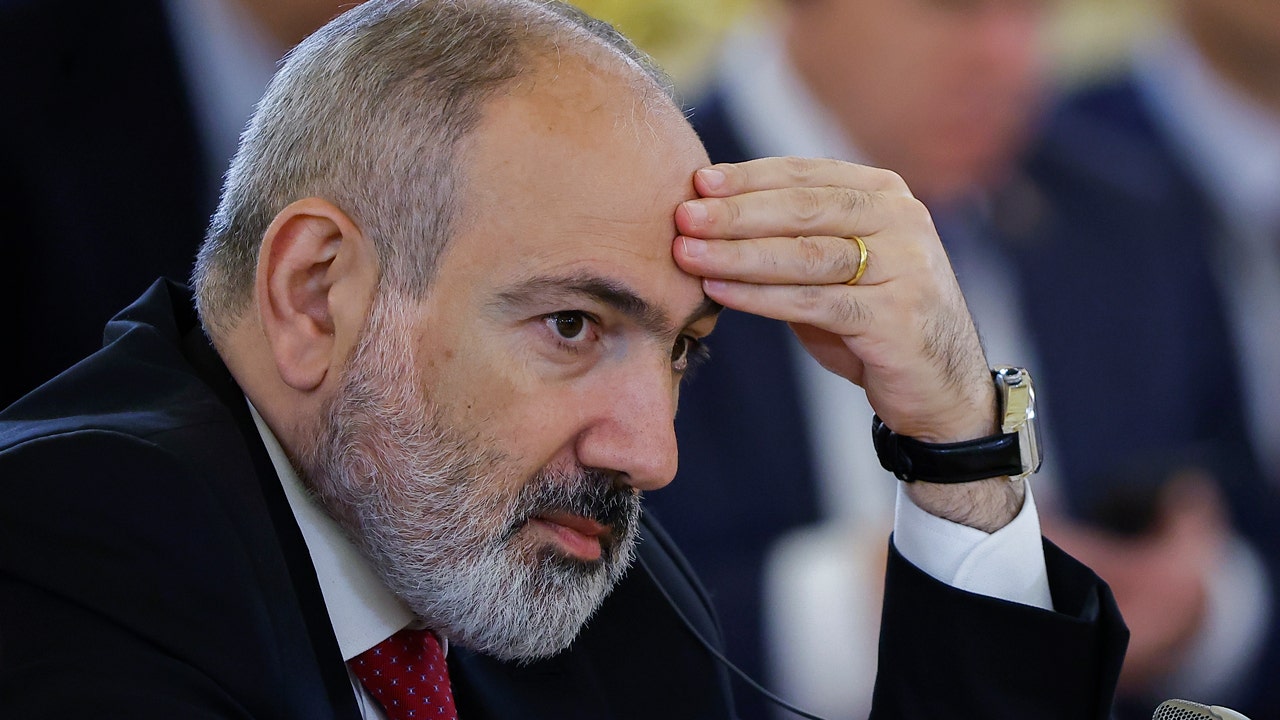
Thousands of protesters gathered Thursday in the Armenian capital, Yerevan, to demand the resignation of Prime Minister Nikol Pashinyan over his government’s decision to hand over control of border villages to Armenia’s long-time rival Azerbaijan.
Armenia and Azerbaijan have fought two wars since the Soviet Union collapsed and Armenia said in April that it would return the villages to Azerbaijan. That decision came after Azerbaijan in September waged a lightning military campaign in Nagorno-Karabakh, a majority ethnic Armenian region inside Azerbaijan. That caused tens of thousands of people to stream into Armenia, sparking demonstrations as protesters called for the prime minister to be ousted.
Protesters led by a senior cleric in Armenia’s church walked a distance of around 100 miles from villages near the border with Azerbaijan to Yerevan where they gathered Thursday in Republic Square.
ARMENIA’S PRIME MINISTER IN RUSSIA FOR TALKS AMID STRAIN IN TIES
Videos shared on social media showed thousands of people waving Armenian flags. A senior Armenian cleric said a prayer and told the protesters he gave Pashinyan one hour to resign, blaming him for the loss of Armenian territory.
Archbishop Bagrat Galstanyan told protesters they should “engage in peaceful acts of disobedience,” if Pashinyan did not listen to their demands.
Pashinyan visited Moscow Wednesday and held talks with Russian President Vladimir Putin amid spiraling tensions between the estranged allies. The meeting took place a day after Putin began his fifth term at a glittering Kremlin inauguration which the Armenian leader did not attend.
Armenian Prime Minister Nikol Pashinyan attends a meeting of the Supreme Eurasian Economic Council of the Eurasian Economic Union at the Kremlin in Moscow, Russia, on Wednesday, May 8, 2024. (Evgenia Novozhenina/Pool Photo via AP)
Putin’s spokesperson Dmitry Peskov was quoted Thursday by Russian state news agency Tass as saying the two leaders had agreed to the removal of Russian forces from some Armenian regions.
In brief remarks at the start of the talks, Putin said that bilateral trade was growing, but acknowledged “some issues concerning security in the region.”
Pashinyan, who last visited Moscow in December, said that “certain issues have piled up since then.”
Armenia’s ties with Russia, a longtime sponsor and ally, have grown increasingly strained after Azerbaijan waged its military campaign in September to reclaim the Karabakh region, ending three decades of ethnic Armenian separatists’ rule there.
Armenian authorities accused Russian peacekeepers who were deployed to Nagorno-Karabakh after the previous round of hostilities in 2020 of failing to stop Azerbaijan’s onslaught. Moscow, which has a military base in Armenia, has rejected the accusations, arguing that its troops didn’t have a mandate to intervene.
The Kremlin, in turn, has been angered by Pashinyan’s efforts to deepen ties with the West and distance his country from Moscow-dominated security and economic alliances.
While Pashinyan was visiting Moscow, Armenia’s foreign ministry announced that the country will stop paying fees to the Collective Security Treaty Organization, a Russia-dominated security pact. Armenia has previously suspended its participation in the grouping as Pashinyan has sought to bolster ties with the European Union and NATO.
Russia was also vexed by Armenia’s decision to join the International Criminal Court, which last year indicted Putin for alleged war crimes connected to Russia’s actions in Ukraine.
Moscow, busy with the Ukrainian conflict that has dragged into a third year, has publicly voiced concern about Yerevan’s westward shift but sought to downplay the differences.
Kremlin spokesman Peskov conceded Tuesday that “there are certain problems in our bilateral relations,” but added that “there is a political will to continue the dialogue.”
World
Ukraine’s Zelenskyy fires head of state guard over assassination plot

Ukrainian state security said earlier this week that they unearthed an assassination plot including two state guards.
Ukrainian President Volodymyr Zelenskyy has fired the head of the state guards following allegations that two members were involved in a plot to assassinate the embattled Ukrainian head of state.
Zelenskyy dismissed former leader of the state guards Serhiy Rud on Thursday, after the state security service (SBU) said earlier this week that it had unearthed an assassination plot against Zelenskyy and other important officials. A successor for Rud has yet to be named.
The SBU said that the assassinations were meant to be a “gift” for Russian President Vladimir Putin as he was sworn in for a new term in office on Tuesday.
The SBU said that the two men, both colonels in the state guard, had planned to take Zelenskyy hostage and later kill him.
Other key officials, including SBU head Vasyl Maliuk and Kyrylo Budanov, the military intelligence agency’s head, were also said to be targets of the failed effort.
Moscow has not commented on the allegations by the SBU, which alleged that the two bodyguards had passed on sensitive information to the FSB, Russia’s security service.
It is not the first assassination effort that the Ukrainian leader has faced down, stating last year that at least five Russian plots have been foiled since the war began.
Zelenskyy’s administration has faced growing difficulties in recent months, and has shaken up some key staffing positions as progress in the country’s war against Russia stalls out and officials face accusations of corruption.
In February, Zelenskyy named Oleksandr Syrskyii as the new army chief after dismissing General Valerii Zaluzhny from the position.
-

 World1 week ago
World1 week agoStrack-Zimmermann blasts von der Leyen's defence policy
-

 Politics1 week ago
Politics1 week agoStefanik hits special counsel Jack Smith with ethics complaint, accuses him of election meddling
-

 Politics1 week ago
Politics1 week agoThe White House has a new curator. Donna Hayashi Smith is the first Asian American to hold the post
-

 Politics1 week ago
Politics1 week agoDemocratic mayor joins Kentucky GOP lawmakers to celebrate state funding for Louisville
-

 World1 week ago
World1 week agoTurkish police arrest hundreds at Istanbul May Day protests
-

 News1 week ago
News1 week agoVideo: Police Arrest Columbia Protesters Occupying Hamilton Hall
-

 Politics1 week ago
Politics1 week agoNewsom, state officials silent on anti-Israel protests at UCLA
-

 News1 week ago
News1 week agoPolice enter UCLA anti-war encampment; Arizona repeals Civil War-era abortion ban






